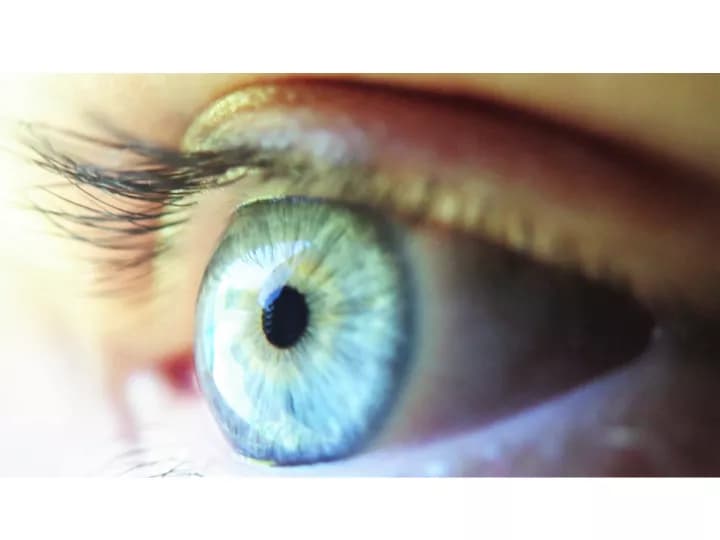
Underdiagnoses Of Age-Related Macular Degeneration, Findings Suggest
Approximately 25 percent of eyes deemed to be normal based on dilated eye examination by a primary eye care ophthalmologist or optometrist had macular characteristics that indicated age-related macular degeneration, according to a study published by JAMA Ophthalmology.
Approximately 14 million Americans have AMD, and as the baby boomer population ages, this public health problem is expected to worsen. Age-related macular degeneration is the leading cause of irreversible vision impairment in older adults in the United States, yet little is known about whether AMD is appropriately diagnosed in primary eye care.
David C. Neely, M.D., of the University of Alabama at Birmingham Department of Ophthalmology, and colleagues conducted a study that included 644 people 60 years or older with normal macular health per medical record based on their most recent dilated comprehensive eye examination by a primary eye care ophthalmologist or optometrist. Presence of AMD was based on imaging (color fundus photography).
The sample consisted of 1,288 eyes from 644 participants (average age, 69 years) seen by 31 primary eye care ophthalmologists or optometrists. A total of 968 eyes (75 percent) had no AMD, in agreement with their medical record; 320 (25 percent) had AMD despite no diagnosis of AMD in the medical record. Among eyes with undiagnosed AMD, 78 percent had small deposits under the retina (called drusen), 78 percent had intermediate drusen, and 30 percent had large drusen.
Undiagnosed AMD was associated with older patient age, male sex and a less than high school education. Prevalence of undiagnosed AMD was not different for ophthalmologists and optometrists.
The authors note that the eyes with undiagnosed AMD that had AMD with large drusen would have been treatable with nutritional supplements had it been diagnosed.
The study noted some limitations.
"The reasons underlying AMD underdiagnoses in primary eye care remain unclear," Neely said. "As treatments for the earliest stages of AMD are developed in the coming years, correct identification of AMD in primary eye care will be critical for routing patients to treatment as soon as possible so that the disease can be treated in its earliest phases and central vision loss avoided."
Neely said that detailed fundus examinations for patients are still a good way to be screened for AMD, especially for those paitents with the common risk factors like older age, family history of AMD, hyperopia and others. He said while AMD is not necessarily hard to diagnose, the early forms, which show pigmentary changes and few small drusen, can be very subtle and require a very detailed fundus examination.
"Fortunately, the advanced forms, like exudative or wet AMD, are more readily diagnosed and sent promptly to vitreoretinal subspecialists for intervention," Neely said.
Materials provided by University of Alabama at Birmingham. Original written by Adam Pope. Note: Content may be edited for style and length.
Disclaimer: DoveMed is not responsible for the accuracy of the adapted version of news releases posted to DoveMed by contributing universities and institutions.
Primary Resource:
Neely, D. C., Bray, K. J., Huisingh, C. E., Clark, M. E., McGwin, G., & Owsley, C. (2017). Prevalence of Undiagnosed Age-Related Macular Degeneration in Primary Eye Care. JAMA ophthalmology. DOI: 10.1001/jamaophthalmol.2017.0830
Related Articles
Test Your Knowledge
Asked by users
Related Centers
Related Specialties
Related Physicians
Related Procedures
Related Resources
Join DoveHubs
and connect with fellow professionals

0 Comments
Please log in to post a comment.